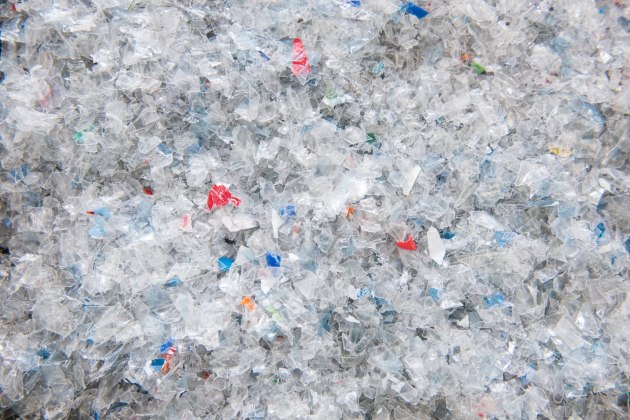Recycling lines for plastics are the circular economy’s lynchpins, and as such, make a vital contribution towards protecting the natural environment and economising on valuable resources. On the flip side, they also consume resources, chief among them water.
Which is why the Krones Group believes a recycling technology’s sustainability must not be assessed by the quality of its end-product alone, as the processes used play an equally important role.
As a manufacturer of recycling lines, Krones sees itself as bearing a particular responsibility for meeting both these sustainability criteria.
The Group’s MetaPure technology recovers materials like PET bottles and polyolefin packages – in a quality enabling the recyclate obtained to be used in equivalent applications.

In its work aimed at continuous system optimisation, the development people at Krones have now also been proactively examining the washing module’s water consumption.
“In the recycling process, the plastics are ground into flakes in wet mills and then washed,” explains Astrid Kadlubski, product manager at Krones.
“This produces wastewater containing various dissolved substances, depending on the input material concerned.
“In addition to common soiling, these include organic residues of the packages’ content, or cleaning agents from the washing process and printing ink particles removed from bottles and labels.”
Kadlubski adds that in many recycling lines, the water is recirculated and treated in a bypass, with the result that the process water’s dirt load keeps on rising, and ultimately, impairs the end-product’s quality.
“To counter this, Krones has, in conjunction with a prestigious associate, developed an intelligent solution for complete treatment of the washing and mill water, which entails several advantages for recycling line operation,” Kadlubski continues.
“Firstly, this reduces both freshwater consumption and wastewater incidence. Secondly, the recycling process is kept at a consistently high level of quality.
“And last but not least, such treatment makes sure that the wastewater discharged into the municipal system complies with the relevant specifications.”






